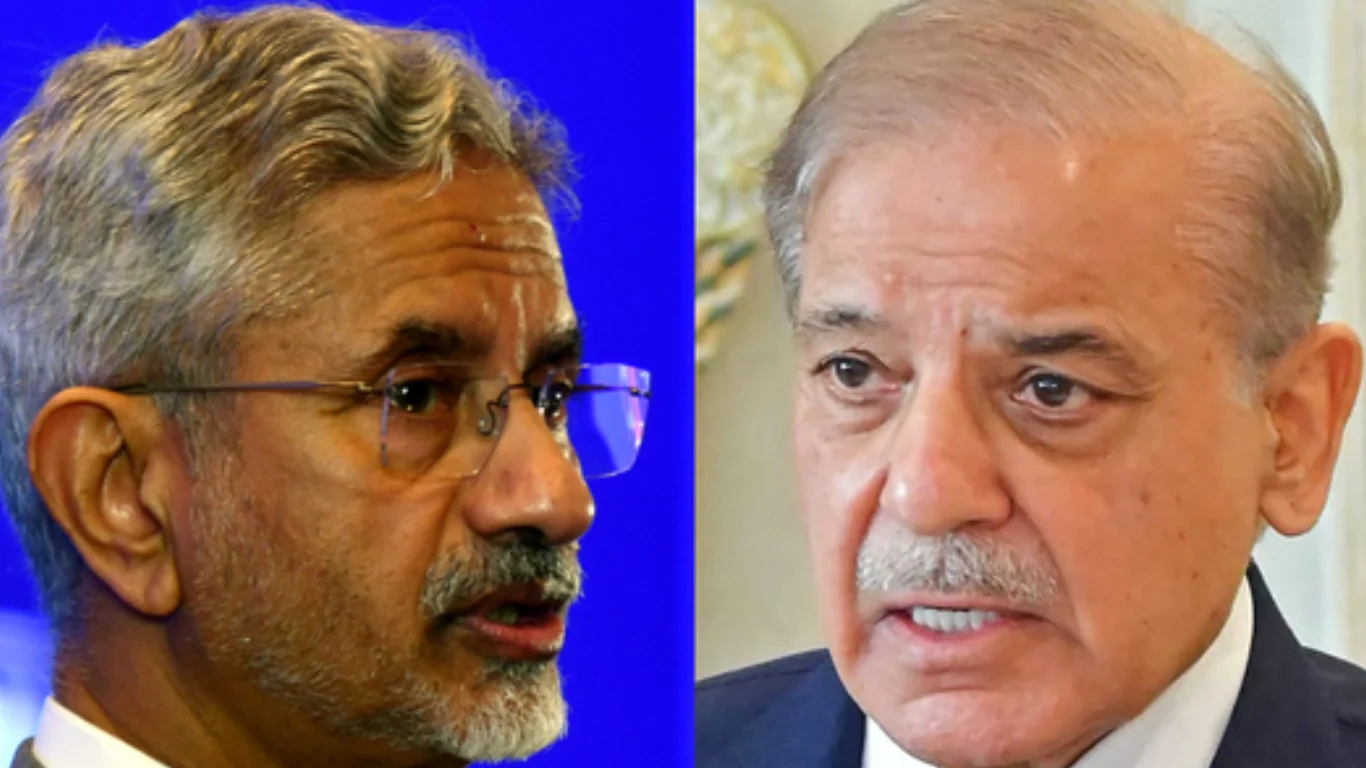
UN Chief Contacts Jaishankar and Shehbaz Sharif Amid Heightened Tensions Following Pahalgam Attack
United Nations Secretary-General António Guterres engaged in separate telephone conversations on Tuesday with Indian External Affairs Minister S. Jaishankar and Pakistani Prime Minister Shehbaz Sharif, expressing strong condemnation of the April 22 terrorist attack in Pahalgam, Jammu and Kashmir, which resulted in the deaths of 26 individuals, predominantly tourists.
The UN chief’s outreach underscores the escalating concerns over regional stability, as Pakistan has claimed to possess “credible intelligence” indicating that India may initiate military action within the next 24 to 36 hours. This assertion has further intensified the already fragile relations between the two nuclear-armed neighbors.
Reuters
Pakistan’s Claims of Imminent Threat
Pakistani Information Minister Attaullah Tarar announced that Islamabad has received credible intelligence suggesting an imminent Indian military strike. He characterized these potential actions as pretexts based on “baseless and concocted allegations” regarding Pakistan’s involvement in the Pahalgam incident. Pakistan has consistently denied any involvement and has called for a neutral, transparent investigation into the attack.
Prime Minister Shehbaz Sharif, in his communication with Secretary-General Guterres, reiterated Pakistan’s condemnation of terrorism in all its forms and rejected the Indian accusations. He emphasized the need for a transparent investigation and urged the UN to play a role in resolving the Jammu and Kashmir dispute in accordance with Security Council resolutions. Sharif also affirmed Pakistan’s commitment to peace but warned of a robust defense of its sovereignty if provoked.
India’s Response and Diplomatic Tensions
In response, India’s External Affairs Minister S. Jaishankar conveyed a firm stance, stating that the only issue to be resolved between the two nations is the “vacation of illegally occupied Indian territory by Pakistan.” He criticized Pakistan’s policy of cross-border terrorism, warning that such actions would have consequences. Jaishankar’s remarks were made during a session of the United Nations General Assembly, where he also addressed Pakistan’s references to Jammu and Kashmir.
The diplomatic exchange reflects the deep-rooted tensions between India and Pakistan, particularly concerning the disputed region of Jammu and Kashmir. Both countries have historically accused each other of supporting insurgent activities in the region, leading to a complex and volatile situation.
International Calls for De-escalation
The United Nations, along with other international actors, has expressed concern over the escalating tensions. Secretary-General Guterres has urged both India and Pakistan to exercise maximum restraint and engage in dialogue to address their differences. However, he has also emphasized that any mediation efforts would require the consent of all parties involved.
The United States has also called for de-escalation, with officials urging both nations to avoid actions that could lead to further conflict. The international community continues to monitor the situation closely, emphasizing the importance of diplomatic efforts to prevent any military confrontation.
Conclusion
The recent developments highlight the fragile state of relations between India and Pakistan, with the Pahalgam attack serving as a catalyst for renewed tensions. While both nations have expressed a commitment to peace, the path forward remains uncertain. The international community’s role in facilitating dialogue and encouraging restraint will be crucial in preventing further escalation and promoting stability in the region.

















